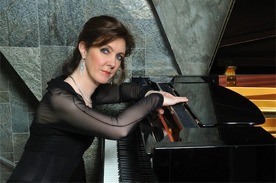 American pianist Anne-Marie McDermott.
American pianist Anne-Marie McDermott. And that’s a shame – because those who weren’t there missed out on pianist Anne-Marie McDermott (stepping in for Ingrid Fliter) in Haydn’s Piano Concerto in D Hob. XVIII No. 11. A Haydn concerto may seem an unlikely vehicle for and impressive debut (it was McDermott’s first appearance with the TSO), but her performance was one that I’ll remember as a highlight of the season.
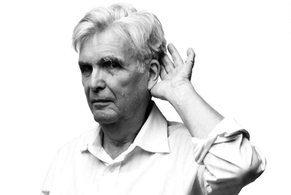
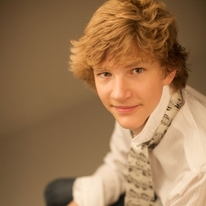
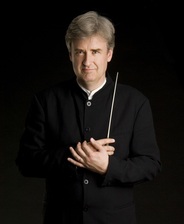
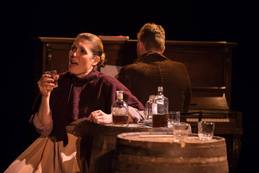
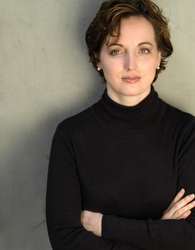
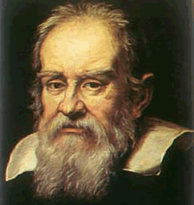
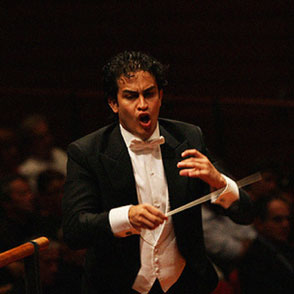
 RSS Feed
RSS Feed

